Overview:
Are you ready for a purpose-built HPC platform with powerful features such as Scalable Vector Extensions (SVE) and High Bandwidth Memory (HBM)?
The HPE Apollo 80 is an Arm-based server that delivers density and scalability required for large HPC cluster deployments. Housed in a compact rackmount form factor, the system is powered by Fujitsu A64FX processor with maximum memory bandwidth and Scalable Vector Extension support. Together with HPE Cray Programming Environment and Mellanox InfiniBand options, the HPE Apollo 80 is a high performance system for HPC applications.
The HPE Apollo 80 System can be deployed cost-effectively starting with a single 2U chassis to meet the configuration needs of a wide variety of scale-out HPC workloads. The HPE Apollo 80 chassis is a density-optimized, 2U form-factor which supports 8 A64FX servers with all the standard data center attributes – 19" racks, cabling and rear-aisle serviceability access. A 42U rack fits up to 20 HPE Apollo 80 chassis and 80 A64FX servers per rack.
The Apollo 80 chassis is configured with up to 4 blades. Each blade contains 2 single-socket A64FX Arm servers. Each Arm server has 32GB of High Bandwidth memory (HBM). Each server’s storage option consists of one optional 80mm M.2 PCIe SSD per server, and four capacity options are provided from 400GB to 960GB, in both read intensive and mixed use. Each server has one low-profile half-width PCIe x16 Gen3 slot, to which 100Gb/s Mellanox InfiniBand ConnectX-6 EDR and HDR100 are options. The HPE Apollo 80 platform provides cooling to the eight servers via four chassis-mounted fan modules, each a two-stage fans in series. Platform power is provided by three 80 Plus Platinum-certified power supplies in a 2+1 hot-swappable redundant configuration.
Features:
Leading Arm Performance for HPC/AI Applications with the A64FX Processor
HPE Apollo 80 System features 48 compute cores each with two 512 bit SIMD fused multiply-add (FMA) units based on the Arm SVE architecture, delivering up to 3 Teraflops per processor. The 48 cores are arranged into 4 core memory groups of 12 cores each with 8 GB of HBM.
The vector-like instructions can provide enhanced floating point performance for highly parallelizable applications (HPC/AI). The SVE implementation means that code written for the HPE Apollo 80 System can take advantage of Arm processors with longer SVE units.
A total of 32 GB HBM (4 x 8 GB) delivers an aggregate system memory bandwidth of over 1 TB per second. A tiered cache structure inside the processor with one 64 KB L1 cache per core and one 8 MB L2 cache per core memory group further contributes to overall memory performance.
Cluster Ready Solution
HPE Apollo 80 System is a dense solution with 8 single socket A64FX based servers in a 2U chassis. This enables assembling systems (up to 168 servers in a 42U rack) which saves floor space and improves use of optical cabling for larger deployments.
HPE Performance Cluster Manager (HPCM) offers customers all the tools they need to manage their HPE Apollo 80 HPC clusters with ease all day, every day. The software provides system setup, hardware monitoring and management, health management, image management, and software update management.
The A64FX is an extremely powerful and efficient processor that topped the SC2019 Green500 for supercomputing platforms. The A64FX processor with the HPE Apollo 80 System delivers similarly impressive teraflop/watt performance in an industry standard solution.
Comprehensive Software Portfolio and Support
Hewlett Packard Enterprise offers a comprehensive software stack for HPE Apollo 80 systems that offers a superb experience including software for system administration, software development tools for HPC applications, and workload management tools to run jobs efficiently.
HPE Cray Programming Environment is a fully integrated software suite with compilers, tools, and libraries designed to improve programmer productivity, application scalability, and performance – a must for organizations which develop their own code.
HPE Cray Programming Environment has supported Arm for years and Cray’s vector processing background has played a significant role in both Arm SVE architecture and producing an efficient compiler for the A64FX SVE implementation.
HPE Cray Programming Environment for Arm is a winner of HPCwire Readers’ Choice Award 2019 for the Best HPC Programming Tool or Technology.
Hardware Specs:

HPE Apollo 80 Chassis (shown with bezel)
- Fan Modules
- HPE Apollo 80 server chassis
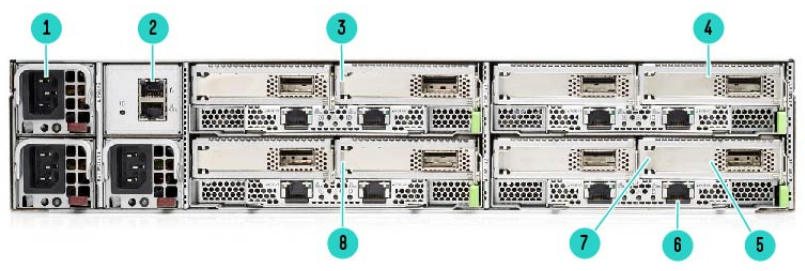
Chassis Rear View / Four Blades / Eight Servers
- Power Supply (1 of 3)
- Chassis Management Module
- Compute Blade 4
- Compute Blade 2
- InfiniBand card for Compute Blade 1-4 (optional)
- Ethernet interface for Compute Blade 1-4
- Compute Blade 1
- Compute Blade 3
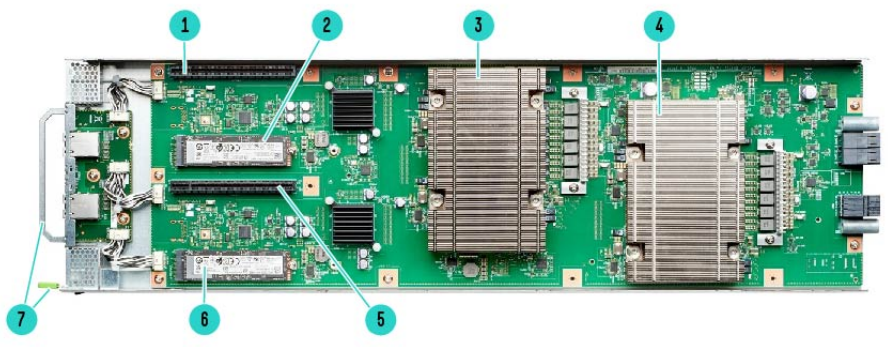
HPE Apollo 80 Blade Top View (Servers A & B)
- PCIe Gen3 x16 slot for Server B
- M.2 slot for Server B (SSD optional)
- Server B CPU & HBM under heatsink
- Server A CPU & HBM under heatsink
- PCIe Gen3 x16 slot for Server A
- M.2 slot for Server A (SSD optional)
- Latch and handle
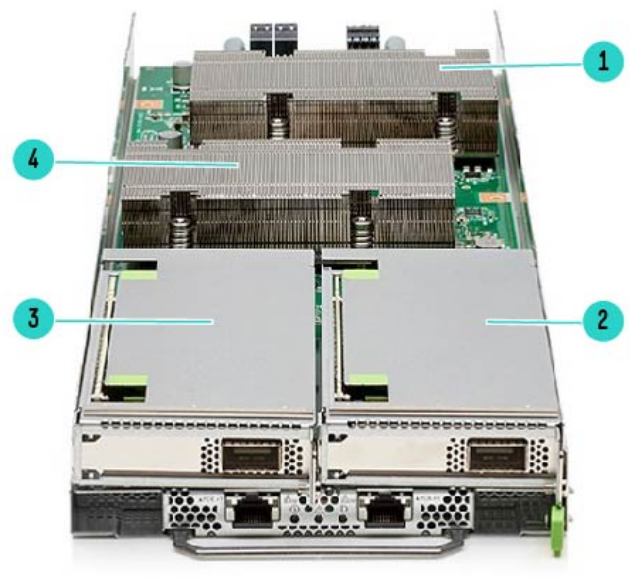
HPE Apollo 80 Blade (Servers A & B)
- CPU for Server A
- PCIe riser cage for Server A
- PCIe riser cage for Server B
- CPU for Server B
 Services:
Services:
HPE Pointnext
Access expertise at every step of your IT journey with HPE Pointnext Services. Advisory Services focuses on your business outcomes and goals, to design your transformation and build a roadmap tuned to your unique challenges. Our Professional and Operational Services help speed up time-to-production and keep your IT stable and reliable.
Operational Services
- HPE Datacenter Care helps modernize and simplify IT operations. Partner with an assigned account team, access technical expertise, an enhanced call experience gives you priority access, choose hardware and software support, implement proactive monitoring to help stay ahead of issues, and access HPE IT best practices and IP.
- HPE Proactive Care offers an enhanced call experience and helps reduce problems with personalized proactive reports and advice. This also includes collaborative software support for Independent Software Vendors (ISVs), (Red Hat, VMWare, Microsoft, etc.).
- HPE Foundation Care helps when there is a problem and has a choice of response levels. Collaborative software support is included and provides troubleshooting help for ISVs running on your server.
Other Related Services
Defective Media Retention is optional and applies only to Disk or eligible SSD/Flash Drives replaced by HPE due to malfunction.
HPE Service Credits offers a menu of technical services, access additional resources, and specialist skills.
HPE Education Services delivers a comprehensive range of services to support your people as they expand their skills required for a digital transformation.
Consult your HPE Sales Representative or Authorized Channel Partner of choice for any additional questions and support options.
Documentation:
Download the HPE Apollo 80 System Datasheet (.PDF)







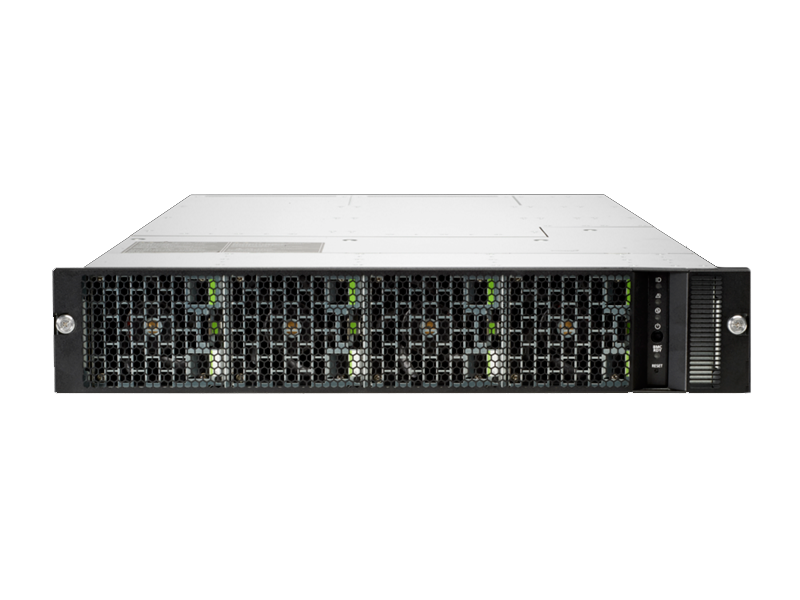
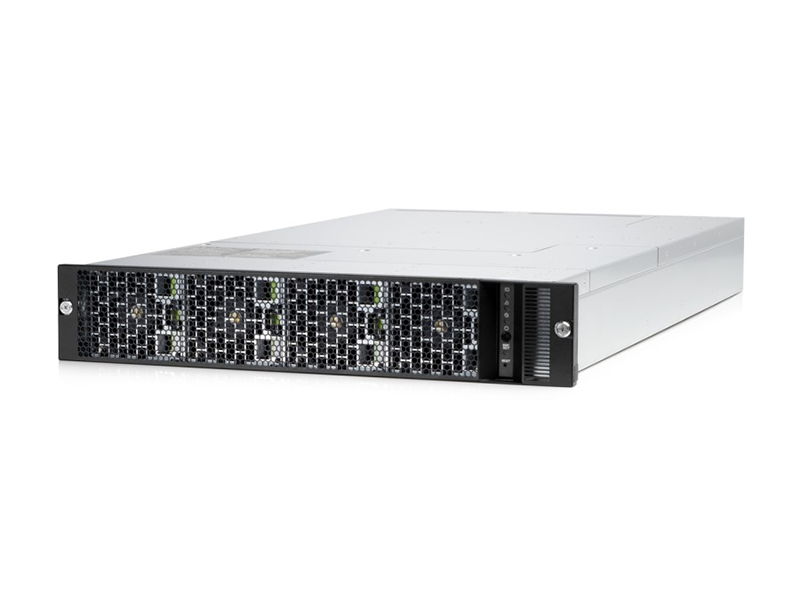
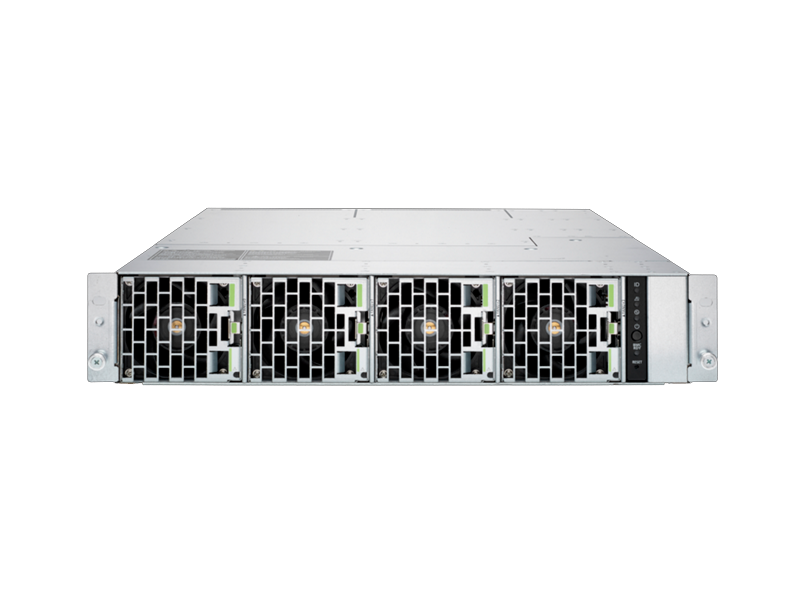
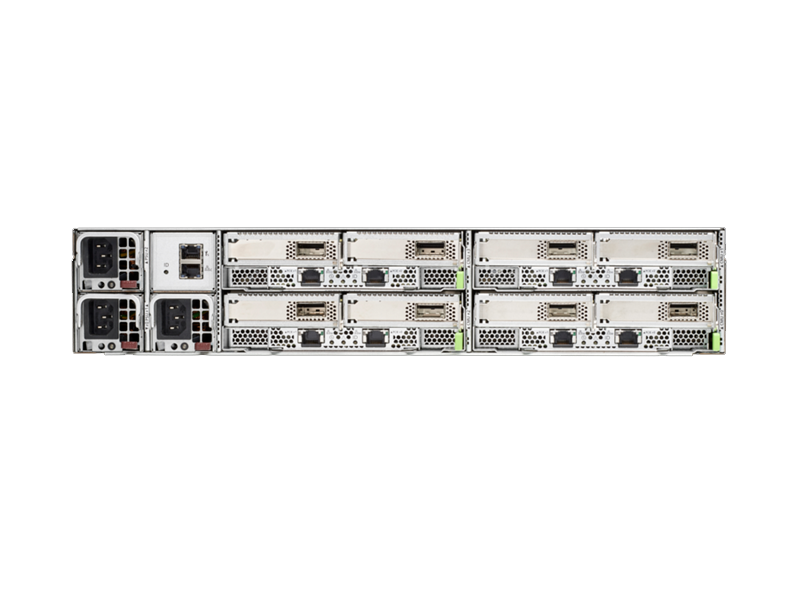
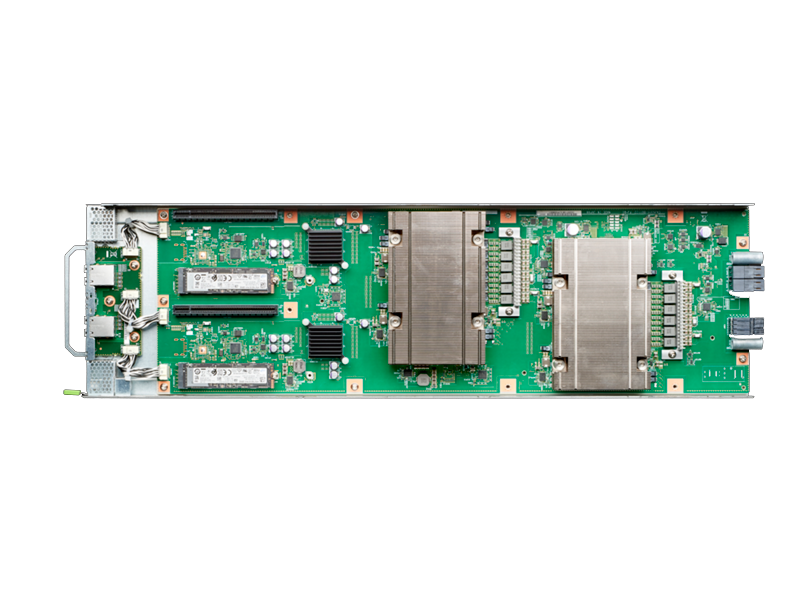
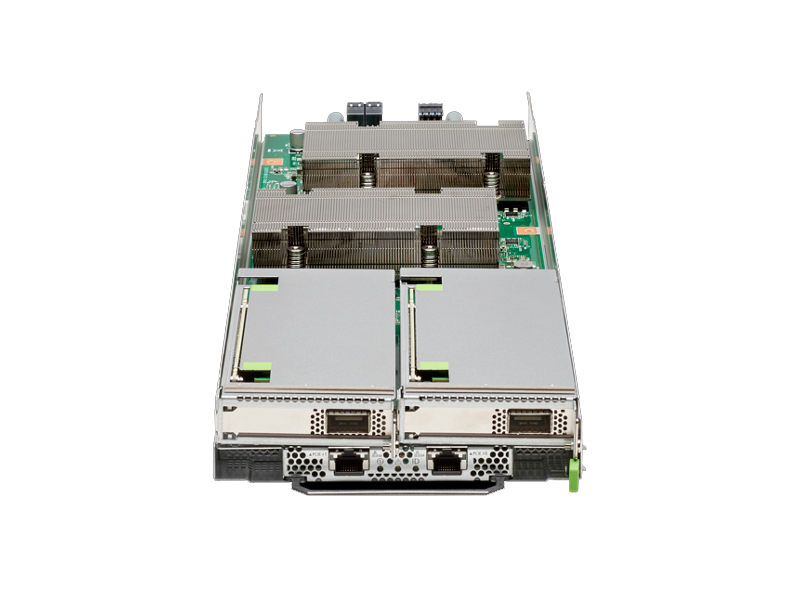
 Services:
Services: